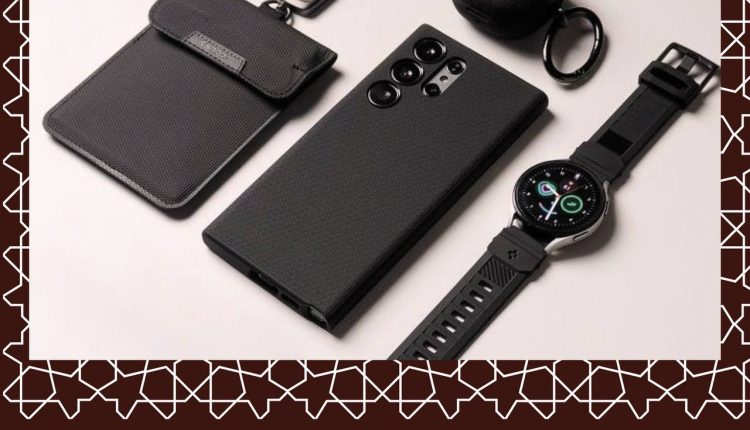Enhancing Learning Experiences with Mobile Technology
In an era defined by rapid technological advancements, smartphones have emerged as powerful tools that are revolutionizing various aspects of our lives, including education. With their ubiquitous presence and multifunctional capabilities, smartphones offer unparalleled opportunities to enhance learning experiences, foster collaboration, and promote lifelong learning. This article explores the myriad ways in which mobile technology can be leveraged to enrich education and empower learners of all ages.
Mobile Learning Platforms and Apps:
Smartphones provide access to a plethora of educational resources, including mobile learning platforms and apps, that cater to diverse learning needs and preferences. From language learning apps and educational games to interactive e-books and virtual classrooms, mobile technology offers flexible and personalized learning experiences that can be tailored to individual interests and skill levels. These mobile learning tools empower learners to engage with educational content anytime, anywhere, fostering a culture of continuous learning beyond the confines of traditional classrooms.
Collaborative Learning and Communication:
Smartphones facilitate seamless communication and collaboration among students, teachers, and peers, enabling dynamic and interactive learning experiences. With messaging apps, video conferencing tools, and collaborative platforms, students can participate in group discussions, share ideas, and collaborate on projects in real-time, regardless of geographical barriers or time constraints. This collaborative learning approach fosters creativity, critical thinking, and teamwork skills, preparing students for success in the digital age.
Access to Open Educational Resources:
Smartphones bridge the digital divide by providing access to open educational resources (OERs) and online courses that are freely available to learners worldwide. Through OER repositories, educational websites, and digital libraries, students can access a wealth of educational materials, including textbooks, lectures, and multimedia resources, without financial constraints or geographic limitations. This democratization of education empowers learners from diverse backgrounds to pursue their educational goals and unlock their full potential.
Personalized Learning Experiences:
Smartphones leverage adaptive learning algorithms and personalized learning platforms to deliver tailored educational content and assessments based on individual learning styles, preferences, and performance metrics. By analyzing user data and behavior patterns, these intelligent systems can dynamically adjust the pace, difficulty, and delivery mode of instruction to meet the unique needs of each learner. This personalized learning approach maximizes student engagement, motivation, and retention, ensuring that every learner receives the support and resources they need to succeed.
Augmented Reality and Virtual Learning:
Smartphones enable immersive learning experiences through augmented reality (AR) and virtual reality (VR) technologies, allowing students to explore virtual environments, conduct virtual experiments, and interact with digital simulations. By merging the physical and digital worlds, AR and VR applications enhance student comprehension, visualization, and spatial reasoning skills, making complex concepts more accessible and engaging. From virtual field trips to interactive anatomy lessons, smartphones open new horizons for experiential learning and discovery.

